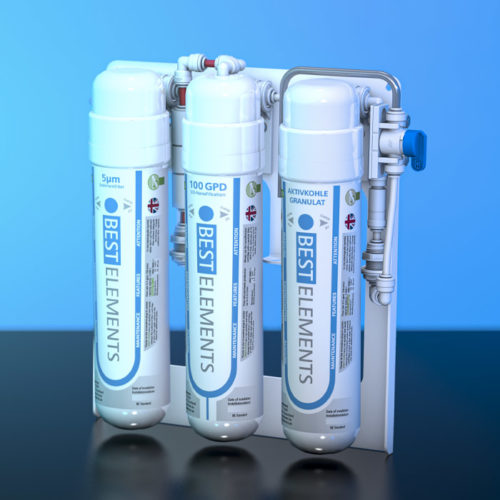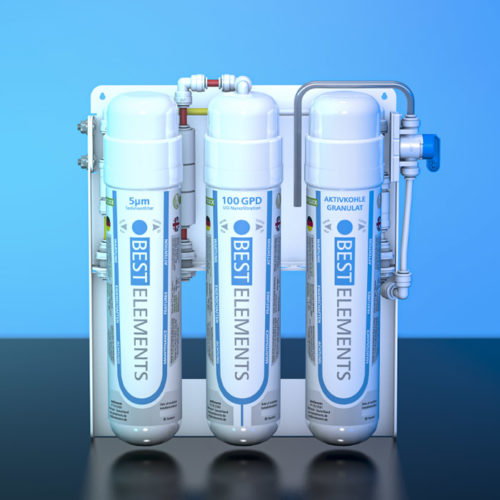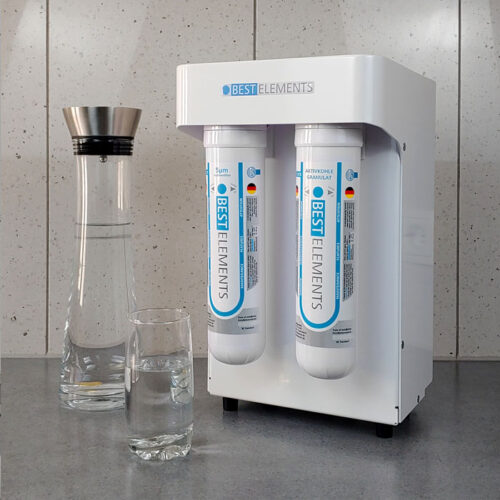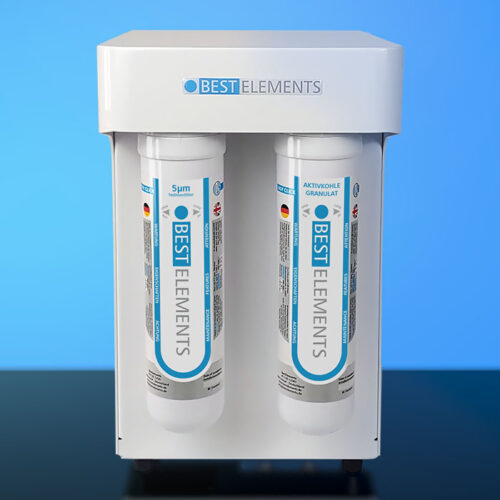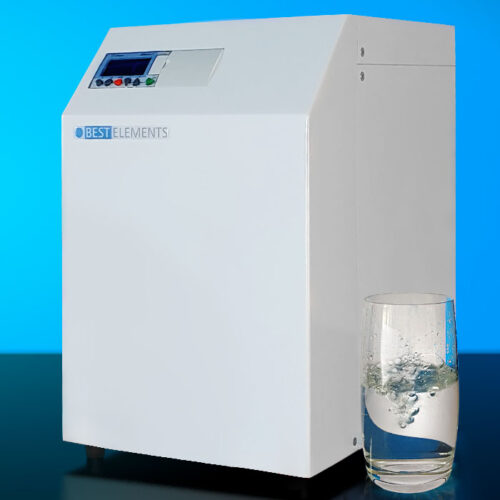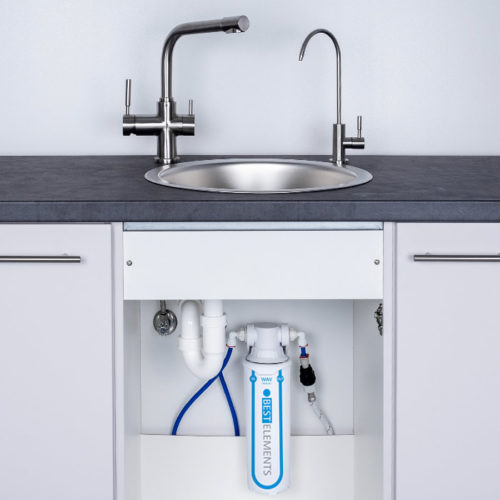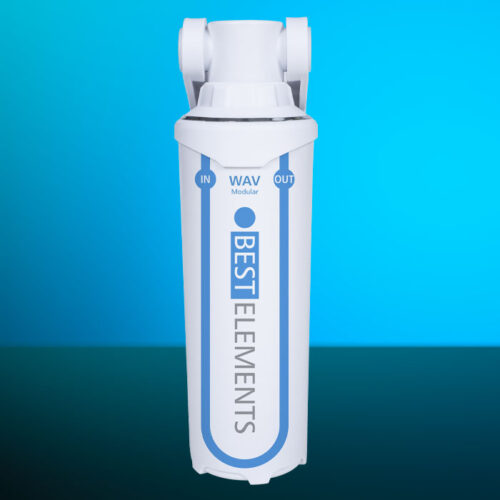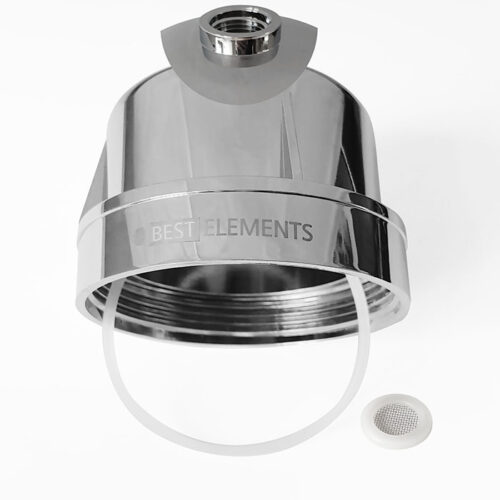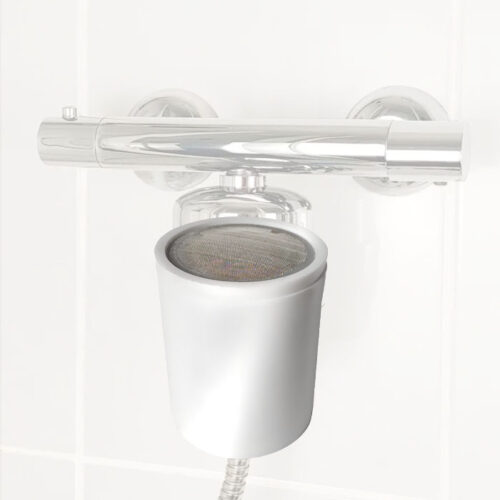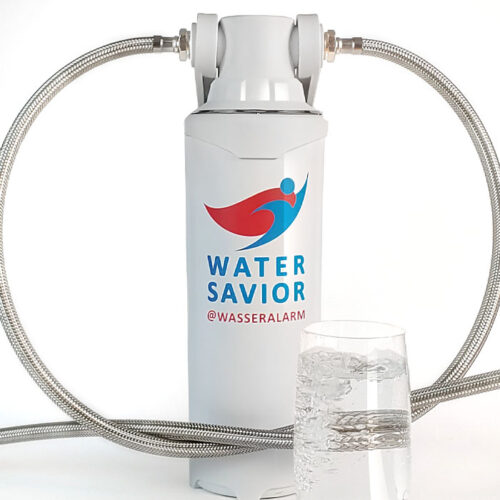Federal Ministry of Health and the Federal Ministry of Food and Agriculture
Second ordinance to amend the drinking water ordinance
Stricter rules for tap water now apply in Germany, as announced by the Federal Environment Agency. The updated regulation includes various measures, particularly in relation to old lead pipes that must be replaced or decommissioned by January 2026. However, lead pipes are now hardly a problem in Germany – we have other problems with drinking water contamination in Germany. In addition, the limit values for the heavy metals chromium, arsenic and lead are lowered in order to further improve the drinking water quality.
Another positive development is that drinking water will soon have to be tested for some per- and polyfluorinated alkyl substances (PFAS). Around 20 PFAS compounds are currently planned, plus a further 4 PFAS substances to be tested in the future. However, the Federal Environment Agency estimates that there are over 10,000 different substances in this group of chemicals that are used in everyday products such as jackets, pans and cosmetics. PFAS are known as “Forever Chemicals” due to their long lifespan. It should be noted that 20-24 out of 10,000 substances only cover part of the PFAS problem. The investigations for PFAS-20 and PFAS-4 must be carried out by 2026 and 2028, respectively.
Unfortunately, however, one has to consider that despite these new limit values, hormone-like residues, drug and medication residues still do not have to be examined in drinking water as standard. Therefore, the responsibility still lies with each individual to ensure sufficient drinking water purity.

